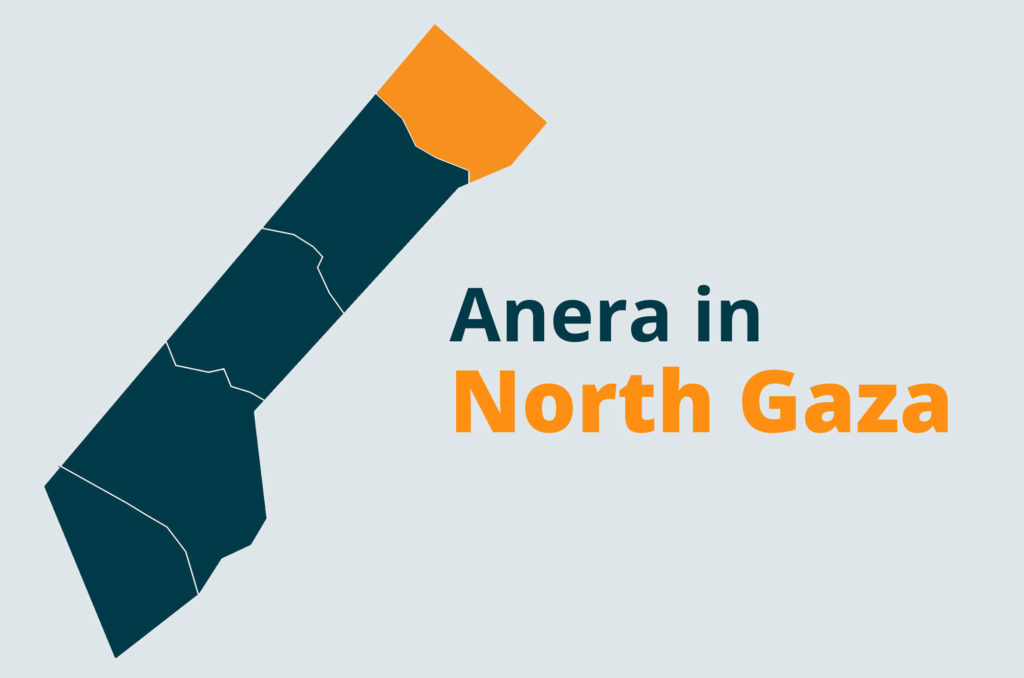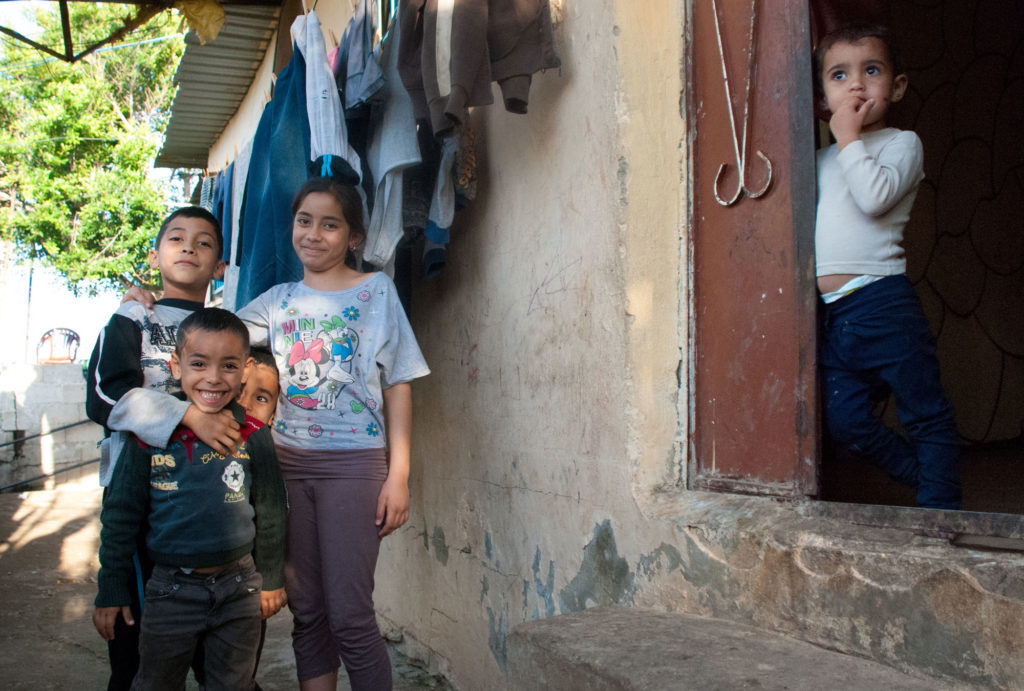Dec, 2021
Thanks to medical aid shipments from donors like MedWish, Anera has responded to the health crisis in Lebanon by continuing to distribute donated medicines to medical clinics and hospitals.
Hospitals, clinics, pharmacies and medical supply depots have been depleted in crisis-hit Lebanon. The economic collapse has debilitated the already frail country and daily routines, once taken for granted, have stopped or radically changed.
The Beirut blast last August strained hospital infrastructure and put added pressure on medical services. Several hospitals were destroyed or partially damaged. They are still undergoing repairs and cannot adequately meet the country’s health needs. The central bank has failed to release US dollars to pay for foreign supplies.
Karam, 68, is a patient at Rafik Hariri University Hospital. He says,
"The Lebanese people are not sheep. They will not forgive what the political class has done, from the Beirut port explosion to deteriorated services and damaged infrastructure."
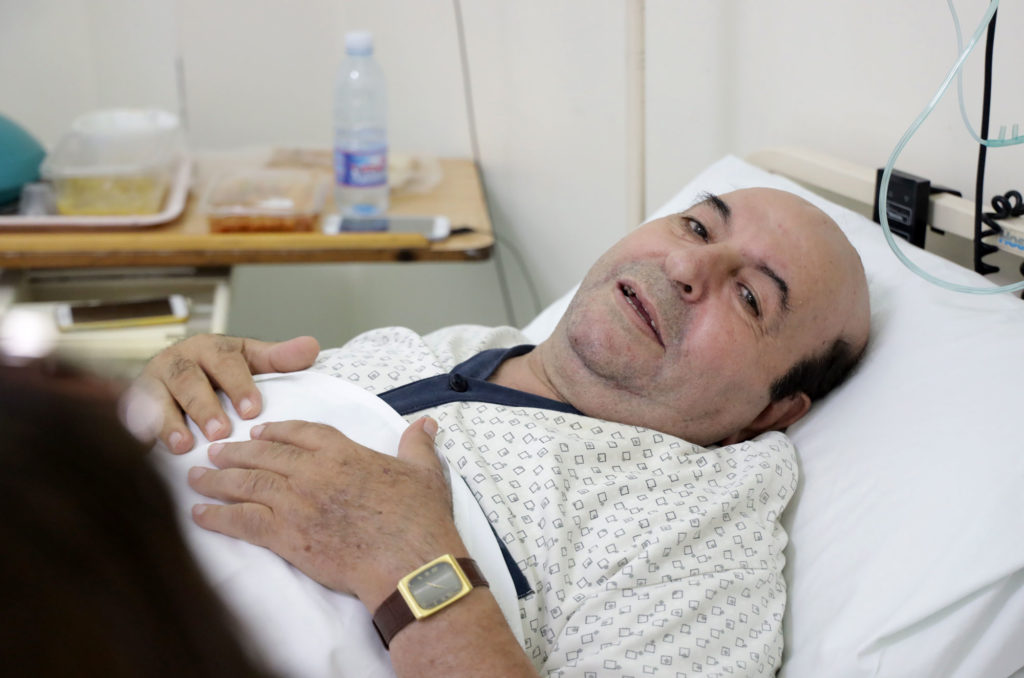

Since 2019, the local Lebanese pound has lost over 90% of its original value. Hospitals cannot afford to purchase essential medicines. To make matters worse, the deepening crisis has forced a mass migration of medical staff. Medical facilities are understaffed and overworked.
Lina Atat, Anera's medical donations manager in Lebanon, says,
“Devaluation of the Lebanese pound means the purchasing power of hospitals has drastically decreased, restricting access to basic medical services. For instance, the cost of nasal cannula is more than 10 times the previous price. For our public health sector, donations of such medical supplies are critical to protecting healthcare workers and saving people's lives.”
Anera has responded to the crisis by continuing to support and distribute shipments of donated medicines to the relevant establishments, including multiple shipments to Lebanon from Anera-donor MedWish International.
MedWish International is a nonprofit organization that repurposes discarded medical supplies and equipment to provide humanitarian relief to people in need. Recent donations to Lebanon have included medical supplies critical to keeping hospitals open and functioning.
The recent donation for Lebanon includes personal protection equipment (PPE), including hazardous materials suits (hazmat), surgical and face masks, isolation gowns, and gloves, as well as EKGs, medical exam tables and xenon lights. Anera distributed the supplies to Rafik Hariri University Hospital, Rosary Sisters Hospital, and Karantina Hospital in Beirut. Karantina Hospital was severely damaged in the Beirut port explosion. It is just one of the hospitals that Anera is determined to help recover.
Zahia Abu Hamza is a nursing supervisor in the internal medicine unit at Rafik Hariri University Hospital. She says,
“Any donation is useful to us: medical supplies, medicines, phones, lightbulbs, even furniture are needed to keep patients and staff comfortable. We have to accommodate patients who usually are at home, but due to power cuts and fuel shortages, they must come to us for treatments like oxygen support.”
Rafik Hariri University Hospital, for one, has been central in providing medical services and support. It is the largest government hospital in the country and the first to set up a special ward to treat COVID patients. It still faces many problems, from managing power cuts and the lack of enough medicines and equipment to function properly. The situation is only getting worse.


“Any donation is useful to us: medical supplies, medicines, phones, lightbulbs, even furniture are needed to keep patients and staff comfortable."
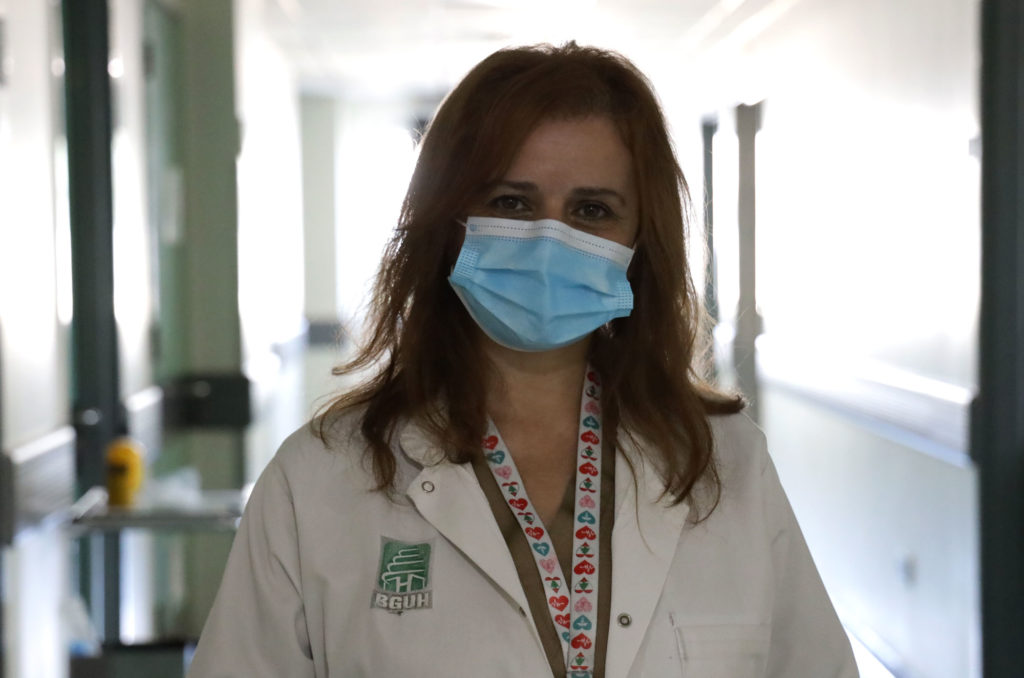

Abu Hamza says,
“The pandemic challenged us. We had to segregate patients and set up a COVID ward. The internal medicine department received an influx of patients but we were understaffed. We thank Anera for supporting us during these tough times.”
The COVID-19 pandemic has overwhelmed Lebanon’s health sector, especially as the current crisis worsens. The most recent fuel shortage endangers the public health sector, specifically patients that rely on oxygen machines. A couple of hospitals have even warned they might suspend all services in the upcoming weeks, as they are unable to sustain. Some patients have taken to purchasing oxygen machines to use at home but then have to buy generators to keep them running during the frequent power cuts.
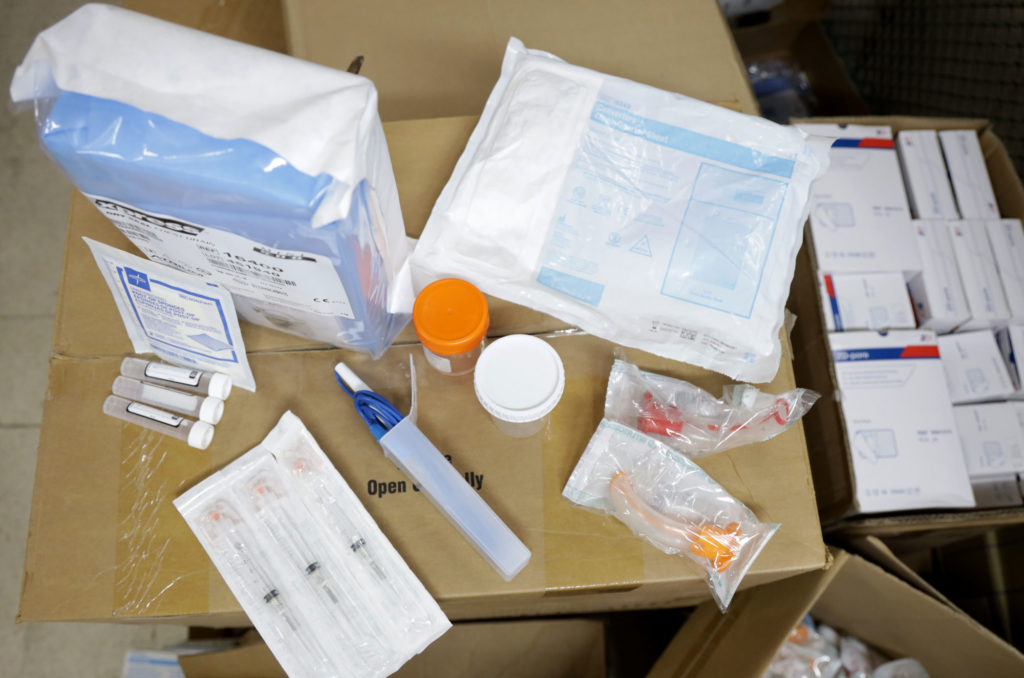

Abu Hamza says,
“There is also a shortage of medicines and medical supplies, even the basics like sterilizing products. It’s a disaster. Doctors have to resort to alternative treatments and some patients are suffering from discontinued treatments.”
The power cuts are also causing smaller establishments to stop accepting new patients. The Syndicate of Hospitals has had to reassure the public that extra fuel is being secured by the authorities to support the health sector. But, the government is unable to run all local power plants and electricity cuts have spread across the country, often for as much as 23 hours a day in certain regions.
Karam says,
“I used to sell medical equipment but since the economic collapse, I have closed my shop in Hamra. I have my own problems now trying to find my medication and usually must go to the hospital for extra help.”

